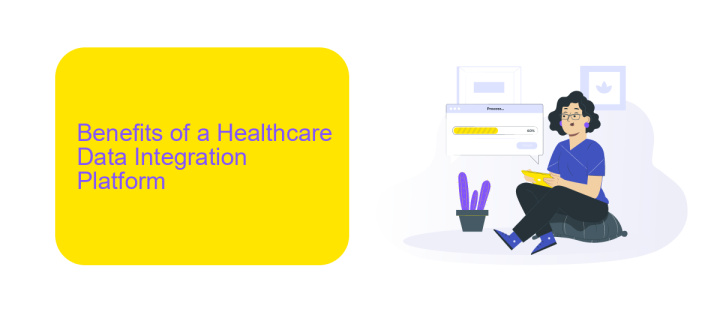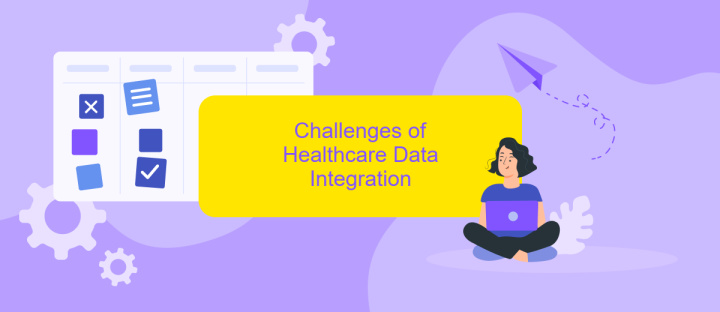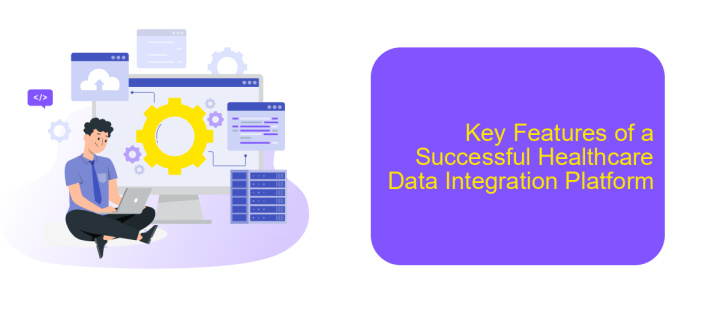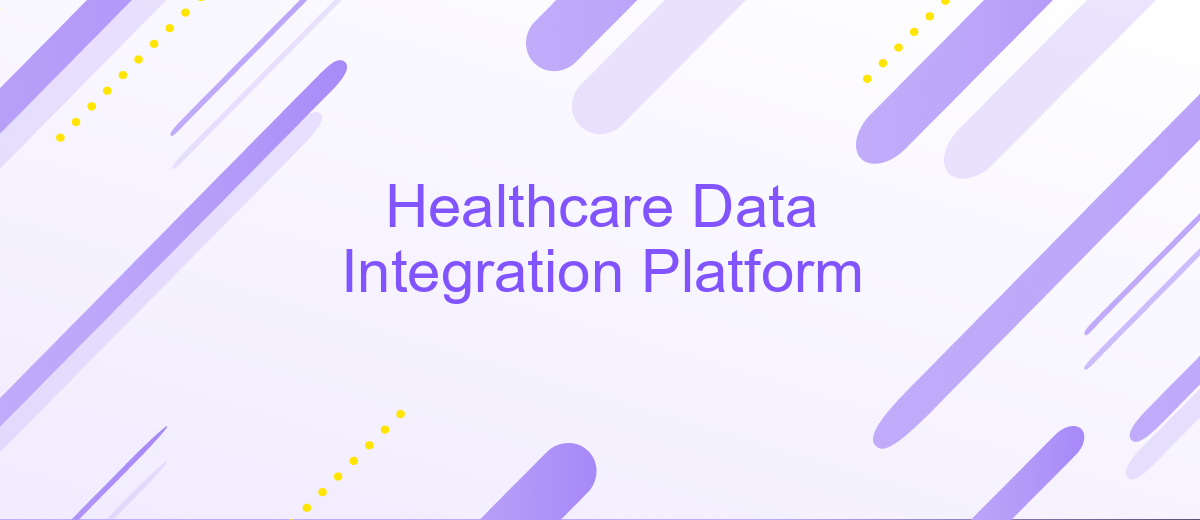Healthcare Data Integration Platform
In today's rapidly evolving healthcare landscape, the integration of diverse data sources is crucial for delivering efficient and personalized patient care. A Healthcare Data Integration Platform serves as a vital tool to seamlessly connect electronic health records, lab results, and other critical data streams, enabling healthcare providers to make informed decisions, improve patient outcomes, and streamline operational workflows.
Introduction
The integration of healthcare data is crucial for improving patient care, enhancing operational efficiency, and enabling better decision-making. A robust Healthcare Data Integration Platform can seamlessly connect disparate systems, ensuring that critical information is accessible and actionable across various healthcare settings.
- Streamlined data flow between Electronic Health Records (EHR) and other systems
- Enhanced interoperability and data sharing
- Improved patient outcomes through comprehensive data analysis
- Reduction in administrative overhead and manual data entry
- Compliance with healthcare regulations and standards
Platforms like ApiX-Drive facilitate the integration process by offering automated workflows and real-time data synchronization. These tools enable healthcare providers to connect multiple applications and systems without extensive coding, thus accelerating the implementation of integrated healthcare solutions. By leveraging such platforms, healthcare organizations can focus more on patient care and less on technical challenges.
Benefits of a Healthcare Data Integration Platform

A healthcare data integration platform offers numerous benefits, significantly enhancing the efficiency and quality of patient care. By consolidating data from various sources, healthcare providers gain a comprehensive view of patient health, leading to better diagnosis and treatment plans. This integration reduces the risk of errors and ensures that all healthcare professionals involved have access to the most up-to-date information, thus improving coordination and collaboration among teams.
Moreover, such platforms streamline administrative tasks, reducing the time and effort required for data entry and management. Services like ApiX-Drive facilitate seamless integration by connecting disparate systems and automating data flows, allowing healthcare organizations to focus more on patient care rather than technical challenges. Enhanced data security and compliance with regulatory standards are additional benefits, ensuring that patient information is protected and managed responsibly. Overall, a healthcare data integration platform is a vital tool for modernizing healthcare delivery and achieving better patient outcomes.
Challenges of Healthcare Data Integration

Healthcare data integration presents numerous challenges that can impede the seamless exchange of information across different systems. The complexity of healthcare data, which includes various formats and standards, makes it difficult to achieve interoperability. Additionally, ensuring data privacy and security while integrating sensitive patient information is a significant concern.
- Data Standardization: Different healthcare providers use various data formats and standards, making it challenging to integrate data seamlessly.
- Data Privacy and Security: Protecting sensitive patient information during integration processes is crucial to comply with regulations such as HIPAA.
- System Compatibility: Legacy systems in healthcare facilities often lack compatibility with modern integration platforms.
- Data Quality: Inconsistent or inaccurate data can lead to errors in patient care and decision-making.
- Resource Constraints: Limited financial and human resources can hinder the implementation of robust integration solutions.
To address these challenges, utilizing platforms like ApiX-Drive can be beneficial. ApiX-Drive offers automated data integration solutions that help streamline the process, ensuring data consistency and security. By leveraging such services, healthcare providers can overcome interoperability issues and enhance the quality of patient care.
Key Features of a Successful Healthcare Data Integration Platform

A successful healthcare data integration platform must efficiently consolidate data from diverse sources while ensuring high levels of data security and compliance with regulations. It should facilitate seamless communication between different healthcare systems, enabling real-time data exchange and improved patient care.
Key features of such a platform include robust data standardization capabilities, ensuring that data from various sources is consistently formatted and easily interpretable. Additionally, it must support scalable infrastructure to handle large volumes of data and provide reliable performance.
- Interoperability: Ensures seamless data exchange between different healthcare systems.
- Data Security: Implements stringent security measures to protect sensitive patient information.
- Compliance: Adheres to healthcare regulations and standards such as HIPAA.
- Scalability: Supports growth in data volume and user base without compromising performance.
- Data Standardization: Converts data from various sources into a consistent format.
Utilizing integration services like ApiX-Drive can simplify the process of connecting various healthcare systems. ApiX-Drive offers automated data integration solutions, reducing manual efforts and ensuring timely data synchronization. This enhances the overall efficiency and reliability of the healthcare data integration platform.
- Automate the work of an online store or landing
- Empower through integration
- Don't spend money on programmers and integrators
- Save time by automating routine tasks
Conclusion
In conclusion, the development and implementation of a robust Healthcare Data Integration Platform are crucial for improving patient care and operational efficiency. By consolidating disparate data sources into a unified system, healthcare providers can gain comprehensive insights, streamline workflows, and enhance decision-making processes. The integration of such platforms not only reduces administrative burdens but also ensures that critical patient information is readily accessible, leading to better health outcomes.
Services like ApiX-Drive play a pivotal role in facilitating these integrations by offering user-friendly tools that seamlessly connect various healthcare applications and databases. With ApiX-Drive, healthcare organizations can automate data transfers, reduce errors, and maintain data integrity across multiple systems. As the healthcare industry continues to evolve, leveraging advanced integration platforms and services will be essential for staying ahead in the ever-changing landscape and delivering high-quality patient care.
FAQ
What is a Healthcare Data Integration Platform?
Why is data integration important in healthcare?
How does a Healthcare Data Integration Platform ensure data security?
Can a Healthcare Data Integration Platform be automated?
What are the challenges of implementing a Healthcare Data Integration Platform?
Strive to take your business to the next level, achieve your goals faster and more efficiently? Apix-Drive is your reliable assistant for these tasks. An online service and application connector will help you automate key business processes and get rid of the routine. You and your employees will free up time for important core tasks. Try Apix-Drive features for free to see the effectiveness of the online connector for yourself.


